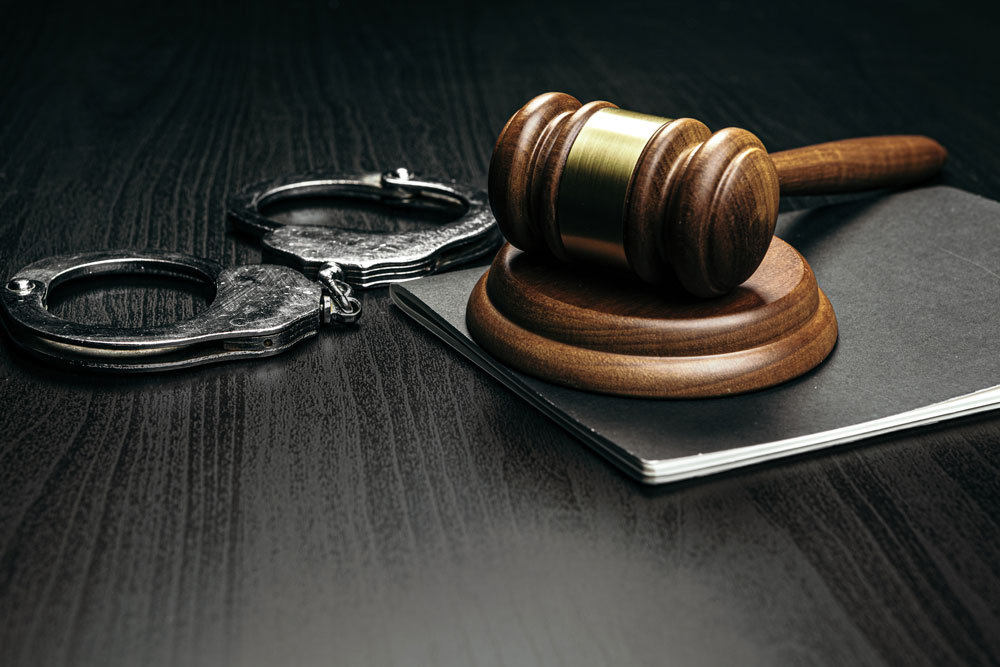
The video recording constituted extrinsic evidence that simultaneously contradicted Detective Domenech’s testimony that she canvassed the crime scene looking for witnesses and supported the family members’ testimony that they attempted to speak to the police. It was admissible under N.J.R.E. 607(a), which permits introduction of relevant extrinsic evidence “for the purpose of attacking or supporting the credibility of a witness.” The testimony of Detective Domenech and the family were in direct conflict. The on-scene video arguably resolved the conflict. The prosecutor dispelled any doubt about the relevance and importance of the withheld video when he urged the jury to reject the family members’ testimony about their attempted cooperation. If the jury accepted the prosecutor’s argument that the family members testified falsely about coming forward to the police, the jury was entitled to reject the entirety of their testimony, including their testimony that defendant acted in self-defense.
The video was admissible to rebut a charge of recent fabrication pursuant to N.J.R.E. 803(a). The combination of the detective’s testimony that no witnesses came forward at the scene and the prosecutor’s finely crafted questions posed to defendant’s family members — eliciting answers that they met with defense counsel and each other before testifying and that their bonds of affection toward defendant made them want to help him — inescapably suggested that they were fabricating their testimony or had an improper motive in testifying. The contemporaneously recorded video of the contact between the family members and the police at the scene rebutted the implied charge, raised by the prosecutor’s questions, of recent fabrication and improper motive.
In an unpublished opinion, a three-judge appellate panel sided with the prosecution. Those judges, Yannotti, Currier, and Firko, issued their decision in a “per curiam” opinion. “Per curiam” opinions are supposed to involve such a straightforward application of the law to the fact that there is no need for a judge to attach his or her individual name or analysis to it. Their decision was reversed by the unanimous New Jersey Supreme Court.
